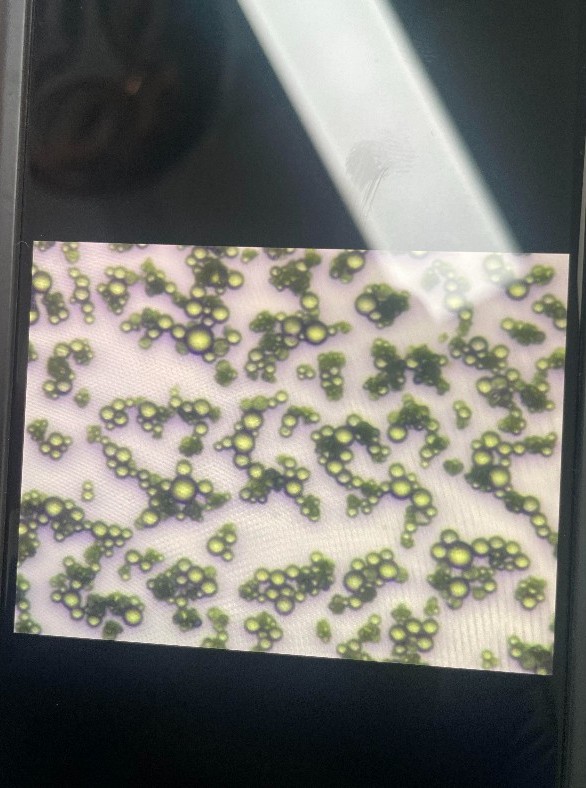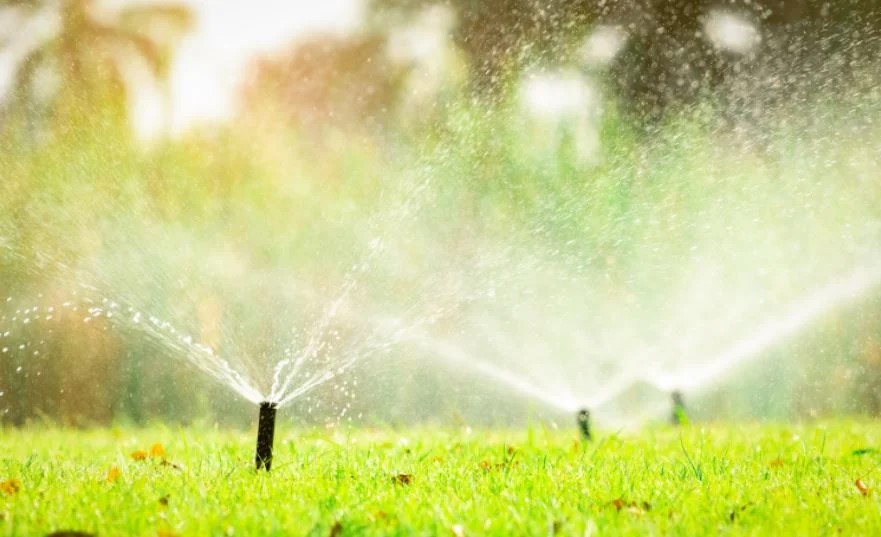
Water management in farming
Water Management in Farming: A Sustainable and Effective Strategy
Water is an essential resource in agricultural production. However, climate change and increasing water demand are posing a major challenge in ensuring adequate and sustainable water resources for farming. Effective water management not only helps increase productivity but also protects water resources and the environment. This article will provide an overview and detailed instructions on water management in farming, helping farmers use water most effectively.
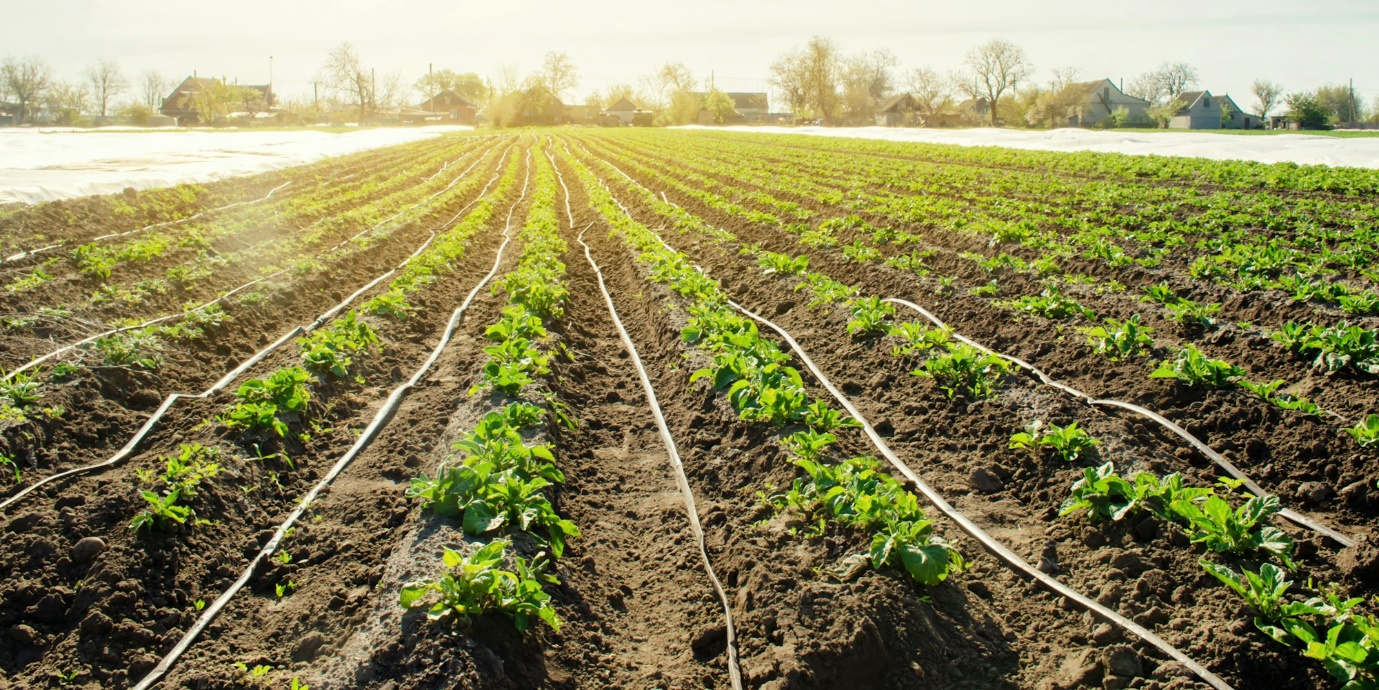
1. Why is Water Management Important in Farming?
Water management in farming directly affects:
- Crop yield: Water provides plants with essential nutrients and is a decisive factor in yield.
- Soil fertility: Water helps maintain moisture and supports the decomposition of organic matter in the soil, helping the soil retain fertility.
- Water conservation: Effective water management minimizes wasteful use and water pollution, preserving water resources for the future.
- Minimizing environmental impacts: Good water management helps limit soil erosion and prevent drought or flooding.
2. Water Management Methods in Farming
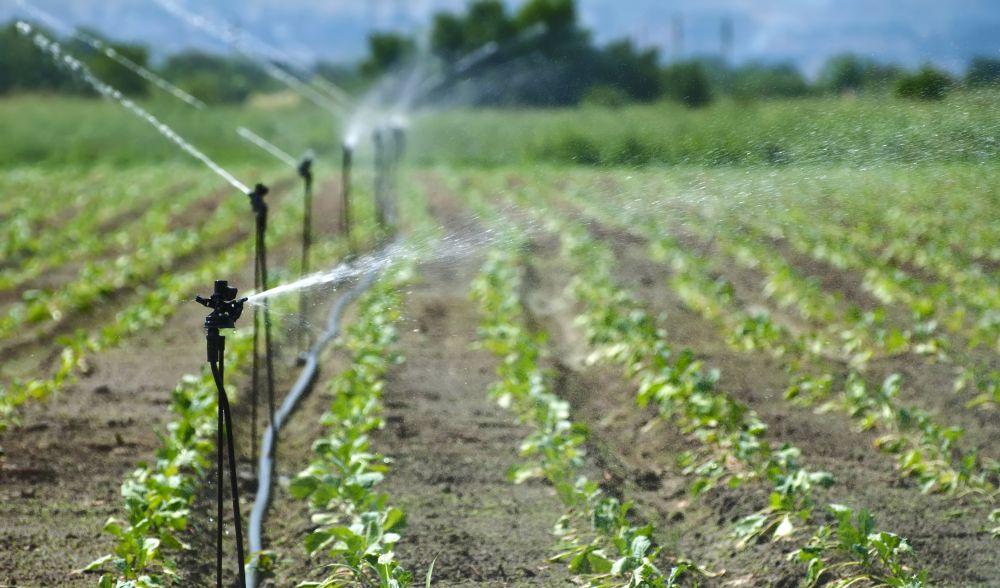
2.1. Proper Watering
One of the important factors in water management is watering properly and at the right time. Common irrigation methods include:
- Drip irrigation: Drip irrigation systems supply water directly to the base of plants with just enough water, limiting waste. This method helps save water, especially suitable for long-term crops..
- Misting irrigation: Misting irrigation systems provide water evenly and are suitable for short-term crops or plants that require high humidity. This method also helps save more water than traditional irrigation.
- Flood irrigation: This method is popular with food crops such as rice, but can easily cause water waste if not managed carefully. It should only be applied when water sources are abundant and suitable for the crop.
2.2. Soil Moisture Management
Soil moisture management helps maintain water resources and improve crop yields. Measures to maintain soil moisture include:
- Use mulch materials: Covering the soil with grass, straw or organic materials helps prevent water loss and maintain soil moisture. This also helps limit weeds and keep the soil from drying out.
- Organic fertilizers: Organic fertilizers improve soil structure, help the soil retain water better and maintain stable moisture.
- Proper tillage: Proper tillage creates gaps for better water penetration into the soil and prevents hardening of the soil surface.
2.3. Utilizing Rainwater
Rainwater is a natural and free source of water that farmers can take advantage of. Methods of rainwater collection include:
- Rainwater tank system: Building rainwater tanks helps store water for the dry season. This system is simple but highly effective, especially in areas with erratic rainfall.
- Rainwater harvesting canals: Canal systems help collect rainwater over a large area and bring water to areas that need irrigation, minimizing dependence on groundwater sources.
2.4. Applying Integrated Farming Techniques
Integrated farming techniques help save water, reduce waste and maintain soil fertility:
- Intercropping: Intercropping crops with different water requirements helps optimize water use and increase productivity.
- Crop rotation: Rotating different crops helps the soil rest and increases water retention.
- Planting green cover: Green cover helps reduce evaporation, improve soil moisture and protect the soil from erosion.
2.5. Applying Technology to Water Management
Technology helps monitor, analyze and manage water more accurately:
- Soil moisture sensors: Soil moisture sensors help determine the exact amount of water needed for each stage of plant growth, avoiding over- or under-watering.
- Soil moisture sensors: Soil moisture sensors help determine the exact amount of water needed for each stage of plant growth, avoiding over- or under-watering.
3. Challenges in Water Management
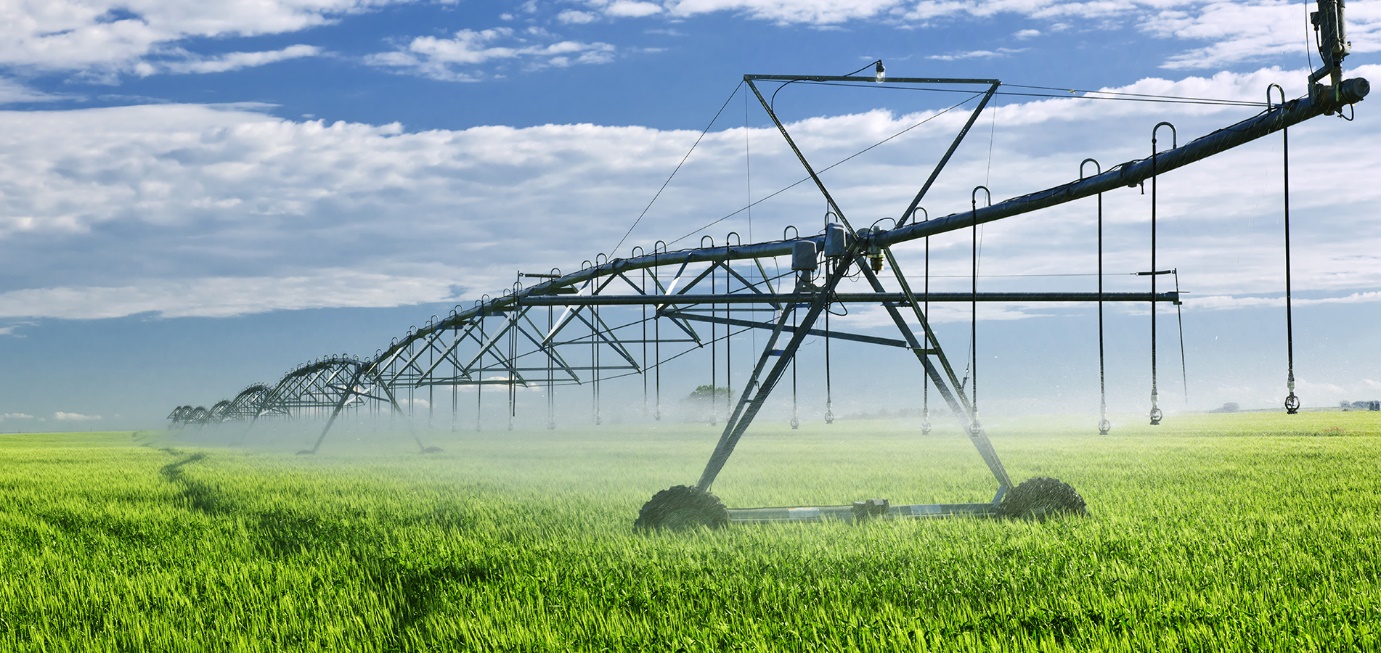
3.1. Limited Access to Water Resources
Some agricultural areas have limited or difficult to access water resources. Water shortages not only affect crops but also affect the ecosystem in the area.
3.2. High Investment Costs
The adoption of technologies such as sensors, drip irrigation systems or water tanks requires high initial costs, which can be a barrier for farmers in rural areas.
3.3. Lack of Knowledge and Skills
Many farmers do not have a good grasp of water management techniques or do not have knowledge of modern methods. Training and dissemination of knowledge on water management are necessary to improve productivity and water use efficiency.
4. Solutions to Improve Water Management Efficiency
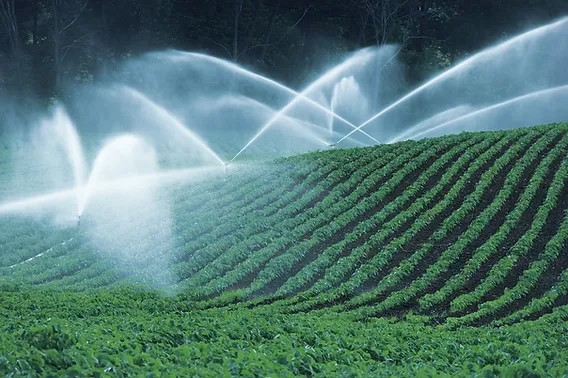
- Training and awareness raising: Training programs help farmers understand the importance and ways to manage water effectively.
- Support costs and technology: Governments and organizations can support farmers' costs to invest in advanced water management technologies.
- Promote research and technology development: Research on new technologies and more efficient water management methods, suitable for local conditions.
Conclusion
Water management in farming is an important factor for sustainable agricultural development and protection of natural resources. With the help of smart farming methods and modern technology, farmers can use water more efficiently, reduce waste and protect the environment. Although many challenges remain, proper water management will help ensure productivity and profits for farmers, while contributing to the sustainable development of the agricultural sector.
Bình luận
Những bình luận mới nhất
